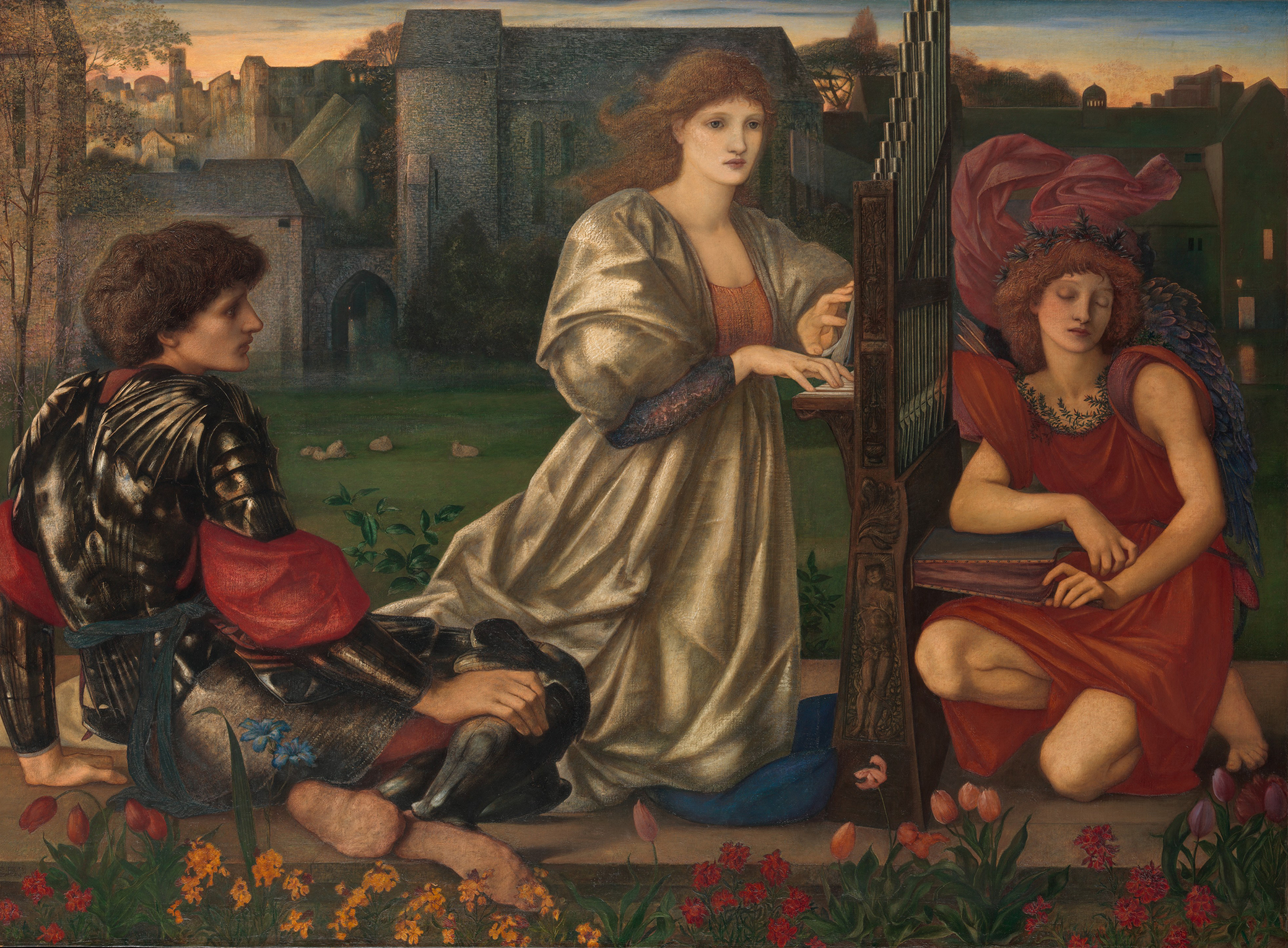
The Love Song, by Edward Burne-Jones, c. 1868. The Metropolitan Museum of Art, The Alfred N. Punnett Endowment Fund, 1947.
• “Now that women are translating classical texts traditionally read and translated by men, these metaphors of faithfulness sit uneasily. What happens to our deeply gendered understanding of the act of translating a classical text when the translator is a woman?” (Eidolon)
• The Red Summer and El Paso. (NewYorker.com)
• How the public forgot Teresa Sickles. (Nursing Clio)
• Bread made with ancient Egyptian yeast smells delicious. (BBC News)
• “What I thought was important, at this juncture in our history, was for people to see how racists enable racists, how these turns of phrase and tropes are daggers. And people who think them but don’t say them, when they hear them, it emboldens them.” (NewYorker.com)
• The love letters of James and Lucretia Garfield: “James wed Lucretia on November 11, 1858, hopefully with more enthusiasm than his stark diary entry suggests: ‘Was married to Lucretia Rudolph…’ ” (Library of Congress Blog)
• When leaders use the word invasion. (TheAtlantic.com)
• On nineteenth-century catfishing. (JSTOR Daily)
• This week as an exercise in loving Toni Morrison and what she meant: her work as an editor and a political thinker, her rebellion, wanting her blessing, on the greatest American novelist being a single black mother of untold numbers, her mothering life, her human project, her course on thinking, and dessert lover.
• This week in obituaries: David Berman, Rosie Ruiz, Dorothy Olsen, Carlos Cruz-Diez, Arthur Lazarus, Marisa Merz, and Steve Sawyer.